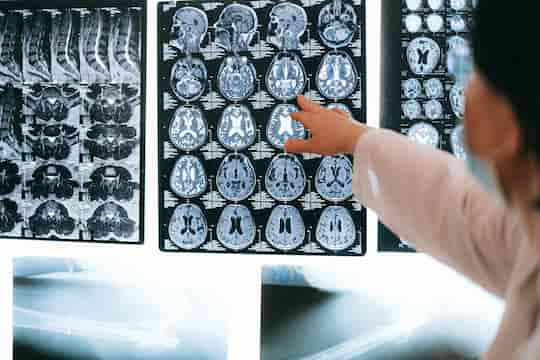White matter disruption has been linked to both emotional problems and difficulties with thinking skills.
Depression changes the structure of the brain, according to the results of over 3,000 brain scans.
Changes were seen in the white matter of the brain.
The white matter is the brain’s ‘wiring’, connecting the different areas together.
It contains tracts of fibre down which electrical signals can pass.
White matter disruption has been linked to both emotional problems and difficulties with thinking skills.
The results come from brain scans of 3,461 people.
It found that people who reported symptoms of depression had reduced white matter integrity.
Dr Heather Whalley, who led the research, said:
“This study uses data from the largest single sample published to date and shows that people with depression have changes in the white matter wiring of their brain.
There is an urgent need to provide treatment for depression and an improved understanding of it mechanisms will give us a better chance of developing new and more effective methods of treatment.
Our next steps will be to look at how the absence of changes in the brain relates to better protection from distress and low mood.”
Scientists used a cutting-edge technique called diffusion tensor imaging.
This technique — which measures the movement of water molecules — is particularly suited for mapping the fibres in the brain.
The study was published in the journal Scientific Reports (Shen et al., 2017).

